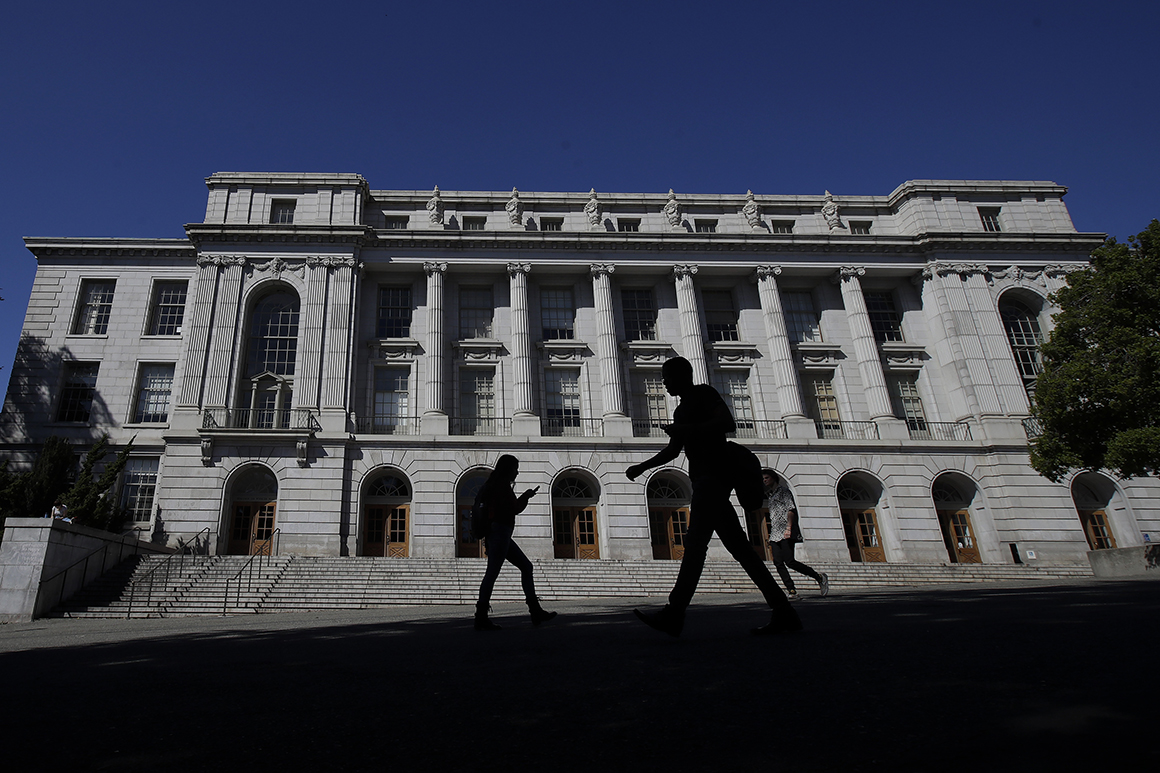
In the interim, the law also provides checks from the government for individuals and families, with additional money for dependents under 18. Most college-age dependents are older than 18, though, and students themselves won’t be getting a check if their families claimed them.
Difficulties could hit millions of students — about 6.8 million low-income college students received Pell Grants in 2018-19, according to The College Board. Pell Grants, unlike loans, don’t have to be repaid and are aimed at people with the greatest financial need. The maximum is $6,345 for the 2020-21 year.
Early national surveys of high school seniors are showing those who initially were bound for four-year colleges changing their first-choice schools for something less expensive. Some of those surveyed say they are thinking of giving up on going to college in the fall entirely.
The financial stress for families was cited. About 63 percent of students said they would still enroll in college but were worried about whether they could attend the school of their choice, while 17 percent said their plans have changed, according to the education consultants Art and Science Group.
Students with changed plans said in the survey that they would take a gap year, enroll part time at a four-year institution, go to community college, work full time or enroll in a certificate program. Some still didn’t know what their plans would be. Other surveys have also found similar conclusions.
Finishing college is already a coin flip for most first-time, full-time low-income students. After six years, only 49 percent of first-time, full-time Pell Grant recipients earned a bachelor’s degree at the institution where they started, according to a report from Third Way, a center-left-leaning think tank.
Davis said her low-income students who’ve been sent home from college because of the pandemic face additional obstacles.
“Their lives have abruptly changed from just starting to really be able to manage their freedom and focus on their first year of college,” she said. “They were just getting good at it, and now they’ve been sent home and they are back in the environment where they have extra responsibilities like helping younger siblings with their homework, taking care of aging grandparents in their home, running errands because they’re the healthiest person in their family or they’re having to pick up jobs.”
On the K-12 level, schools are to remain shuttered in most states due to the Trump administration’s extension of social distancing guidelines through April 30. That means high school seniors now lack the in-person help they traditionally get from high school counselors to meet critical admissions deadlines and requirements.
„The disruption is absolutely concerning,” said Carrie Warick, director of policy and advocacy for the National College Attainment Network, and “the longer they’re out of school, the more dire the impact is going to be.”
Source: politico.com
See more here: news365.stream






